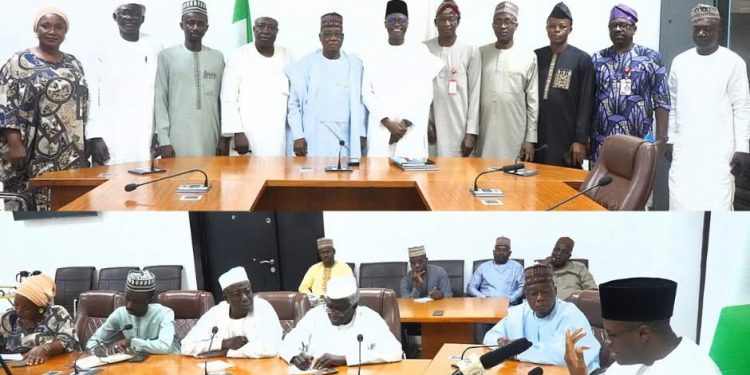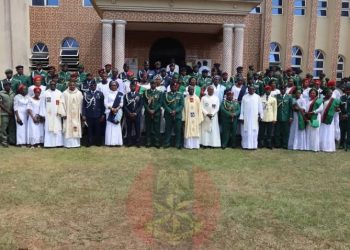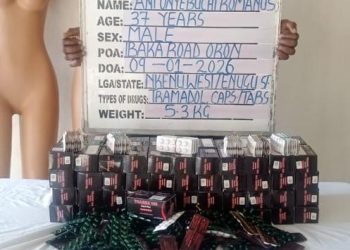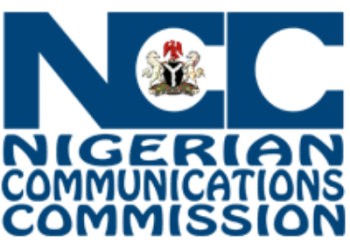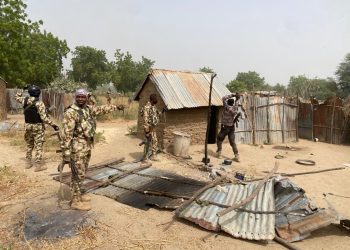By Nkechi Eze
The Chairman of the Independent Corrupt Practices and Other Related Offences Commission (ICPC), Dr. Musa Adamu Aliyu, SAN, has reaffirmed the Commission’s commitment to promoting fairness, transparency, and integrity in public sector recruitment processes, warning that job racketeering undermines national development and deters foreign investment.
Dr. Aliyu made this known on Friday during a courtesy visit by the Executive Secretary of the Civil Defence, Correctional, Fire, and Immigration Services Board (CDCFIB), Major General Abdulmalik Jibril (rtd), and his delegation to the ICPC headquarters in Abuja.
According to an official statement signed by ICPC spokesperson Demola Bakare, the ICPC boss stressed the need for sustained inter-agency collaboration in tackling systemic corruption and abuse of office, particularly in employment processes under the supervision of government boards and agencies.
“One area I have always raised concerns about is the area of employment,” Dr. Aliyu said. “Many young Nigerians are challenged with job opportunities. Agencies of government should try to exercise fairness, try and foster a level playing ground for all, irrespective of where they come from.”
He further urged heads of government agencies to remain mindful of fairness and transparency during recruitment exercises to avoid undermining national unity and social cohesion. The ICPC Chairman lamented the growing trend of job racketeering and warned that it not only erodes public trust but also threatens national productivity.
Dr. Aliyu also used the opportunity to highlight the Commission’s tripartite strategy in combating corruption—namely prevention, enforcement, and public enlightenment—stressing that these approaches work best when supported by inter-agency consultations and mutual accountability. He called for more strategic cooperation between ICPC and CDCFIB, and proposed the signing of a Memorandum of Understanding (MoU) to formalize collaboration, enhance intelligence sharing, and support capacity building between both institutions.
In his remarks, Major General Jibril (rtd) expressed appreciation for the warm reception by the ICPC and reaffirmed the Board’s readiness to collaborate with the Commission in advancing transparency and integrity in its operations. He underscored the value of fully understanding the mandates of anti-corruption agencies like the ICPC, especially as they relate to oversight of recruitment processes within paramilitary services.
The CDCFIB Executive Secretary noted that such institutional collaboration would help the Board align its operations with national anti-corruption objectives and ensure accountability in managing opportunities for thousands of Nigerian job seekers.
The Civil Defence, Correctional, Fire, and Immigration Services Board (CDCFIB), formerly known as the Customs, Immigration and Prisons Services Board, was established by Decree No. 14 of July 11, 1986. Before the creation of the Board, the Nigerian paramilitary services, with the exception of Customs and Excise, were directly administered by the Ministry of Interior.


